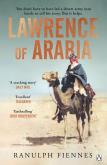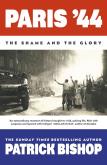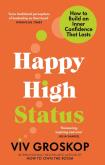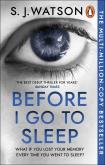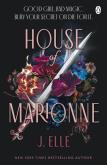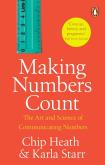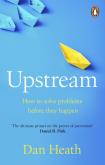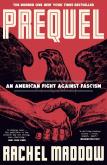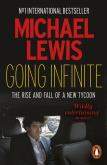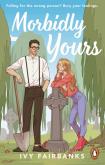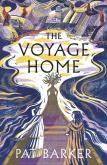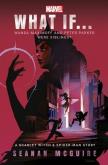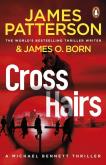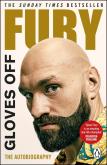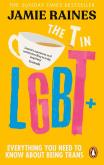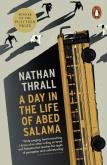Wydawnictwo Penguin Books
Bestsellery
Najniższa cena z ostatnich 30 dni: 40,48 zł
Najniższa cena z ostatnich 30 dni: 26,95 zł
Najniższa cena z ostatnich 30 dni: 62,63 zł
Najniższa cena z ostatnich 30 dni: 33,90 zł
Najniższa cena z ostatnich 30 dni: 29,10 zł
Najniższa cena z ostatnich 30 dni: 26,45 zł
Najniższa cena z ostatnich 30 dni: 129,90 zł
Najniższa cena z ostatnich 30 dni: 28,04 zł
Najniższa cena z ostatnich 30 dni: 69,00 zł
Najniższa cena z ostatnich 30 dni: 27,90 zł
Najniższa cena z ostatnich 30 dni: 35,90 zł
Najniższa cena z ostatnich 30 dni: 37,90 zł
Najniższa cena z ostatnich 30 dni: 37,90 zł
Najniższa cena z ostatnich 30 dni: 34,74 zł

